Olaf Scholz has just pulled the plug on his coalition and lost his parliamentary majority, with polls suggesting his party will be defeated in Germany’s upcoming snap election. Yet he still looks likely to be crowned as his party’s candidate for chancellor.
The government crisis that culminated last week with Scholz calling time on the three-party alliance plunged Germany into a new phase of turbulence. But Social Democrat leaders have rallied round him, steadying his status in a party that long nurtured doubts about their chancellor.
Some Social Democrats would still prefer to see him replaced on the ballot by Boris Pistorius, the popular defence minister. But they are the minority. Most expect an SPD congress to be held in the coming weeks to anoint Scholz as the party’s Kanzlerkandidat — regardless of his approval ratings.
The support for Scholz was on full display at an emotional meeting of the SPD parliamentary group last week when he was given a standing ovation by MPs.
Jens Spahn, an MP for the opposition Christian Democrats (CDU) and a former health minister, described the scene as “surreal”.
“Here is Olaf Scholz, a failed chancellor, his coalition has just broken down, he’s sacked his finance minister and his SPD thinks it’s a cause for celebration?” Spahn told the Financial Times.
The incredulity in opposition ranks increased after a television interview with Scholz on Sunday evening in which he refused to admit mistakes and, in the view of some commentators, came across as cold and unsympathetic.
Some have openly questioned why the party still backs Scholz. TV presenter Micky Beisenherz compared him to Bruce Willis in the film The Sixth Sense. He “goes to work every day even though he’s long dead,” he wrote on X. “He just doesn’t know it yet.”
Just months ago, Scholz’s position was precarious. Some in the SPD blamed him for the party’s slump in support, with polls putting it at between 14 and 16 per cent over the past year, way behind the CDU on 30 to 32 per cent.
But Scholz’s standing among some of his party colleagues has paradoxically improved since the government’s collapse. They have hailed him as a hero who finally lanced the boil, ending a dysfunctional government riven by ideological conflict.
For them, the sacking of finance minister Christian Lindner, leader of the pro-business Free Democrats (FDP), was the inevitable climax of months of provocation.
“There is relief that we will no longer be subjected to endless humiliation by Lindner and the FDP,” said one SPD MP.
Scholz said he fired Lindner because he refused to suspend the “debt brake” — Germany’s constitutional cap on new borrowing — to allow for more funding for Ukraine. The issue has taken on greater urgency since US voters re-elected Donald Trump, who has questioned western aid to Kyiv.
The dismissal played well in the SPD’s grassroots. “It was a kind of liberation — long overdue,” said Dirk Smaczny, head of the party’s local branch in Rheinhausen-Mitte, near the Ruhr industrial city of Duisburg. “We’ve been waiting a long time for Scholz to show strong leadership, and he finally delivered it.”
“He could have said ‘let’s just muddle through another year’,” said Johannes Fechner, a senior SPD MP. “The fact he accepted that the country needed a new government, even though it might mean he’ll lose his job — the SPD rank-and-file really respect him for that.”
Yet Scholz remains controversial in the party. Closely associated with the labour market reforms of chancellor Gerhard Schröder in the early 2000s that alienated working-class voters, he lost his bid for the party leadership in 2019 in a humiliating defeat.
He staged a remarkable comeback two years later, running for chancellor in 2021 and winning the election. He then brought together the SPD, FDP and Greens in a coalition that was unique in Germany’s history.
But his record has been clouded by countless internal rows over economic policy that he tried — and ultimately failed — to mediate. Scholz has seen the worst approval ratings of any postwar chancellor.
On Monday two SPD politicians from the chancellor’s home town of Hamburg, Markus Schreiber and Tim Stoberock, said he should make way for the defence minister.
“Our chances of winning the election or at least performing a lot better are much greater with [Pistorius], who has long been Germany’s most popular politician,” they wrote on Instagram.
Scholz spent too much time cobbling together compromises “in technocratic language” which were then rejected by his coalition partners. “We believe the negative image the people in this country have of him can no longer be repaired,” they wrote.
Privately, some SPD lawmakers agreed that Pistorius might be a better bet. “But politics doesn’t work like that,” said one. “Scholz’s huge strategic advantage is that he holds the reins of power. He’s the one who took this step. He’s the one who announced early elections. That gives him a certain strength.”
Scholz has shown no inclination to stand aside — nor does he intend to put his candidacy to a party vote.
His spokesperson Steffen Hebestreit on Monday defended the absence of a formal selection process, saying there was no need — and also no time.
“First of all, he’s the natural candidate because he’s chancellor,” he told reporters. “Secondly, look at the clock . . . We’re going to have snap elections quite soon, if he loses the confidence vote. We all need to focus on that right now, and you can understand why.”
Observers said that approach made sense, especially in light of what just happened in the US.
Wolfgang Schroeder, a political scientist at Kassel University, noted that the Democrats had hoped to improve their fortunes by substituting Joe Biden for Kamala Harris just months before the election.
“It injected some momentum, but it didn’t turn out to be long-lasting or effective,” he said. “For that reason I would advise the SPD against carrying out any grand experiments right now.”
MPs from the opposition CDU say that suits them, predicting that Scholz will be soundly beaten by their leader Friedrich Merz. “Olaf Scholz is the face of failure,” said CDU’s Spahn. “As such, we couldn’t wish for a better opponent.”

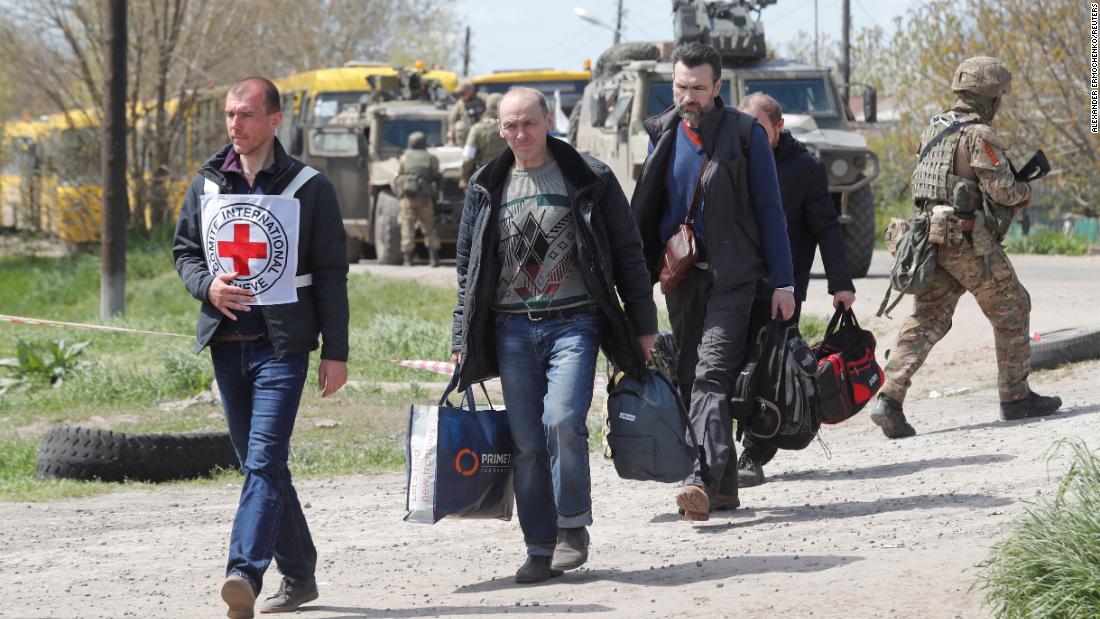
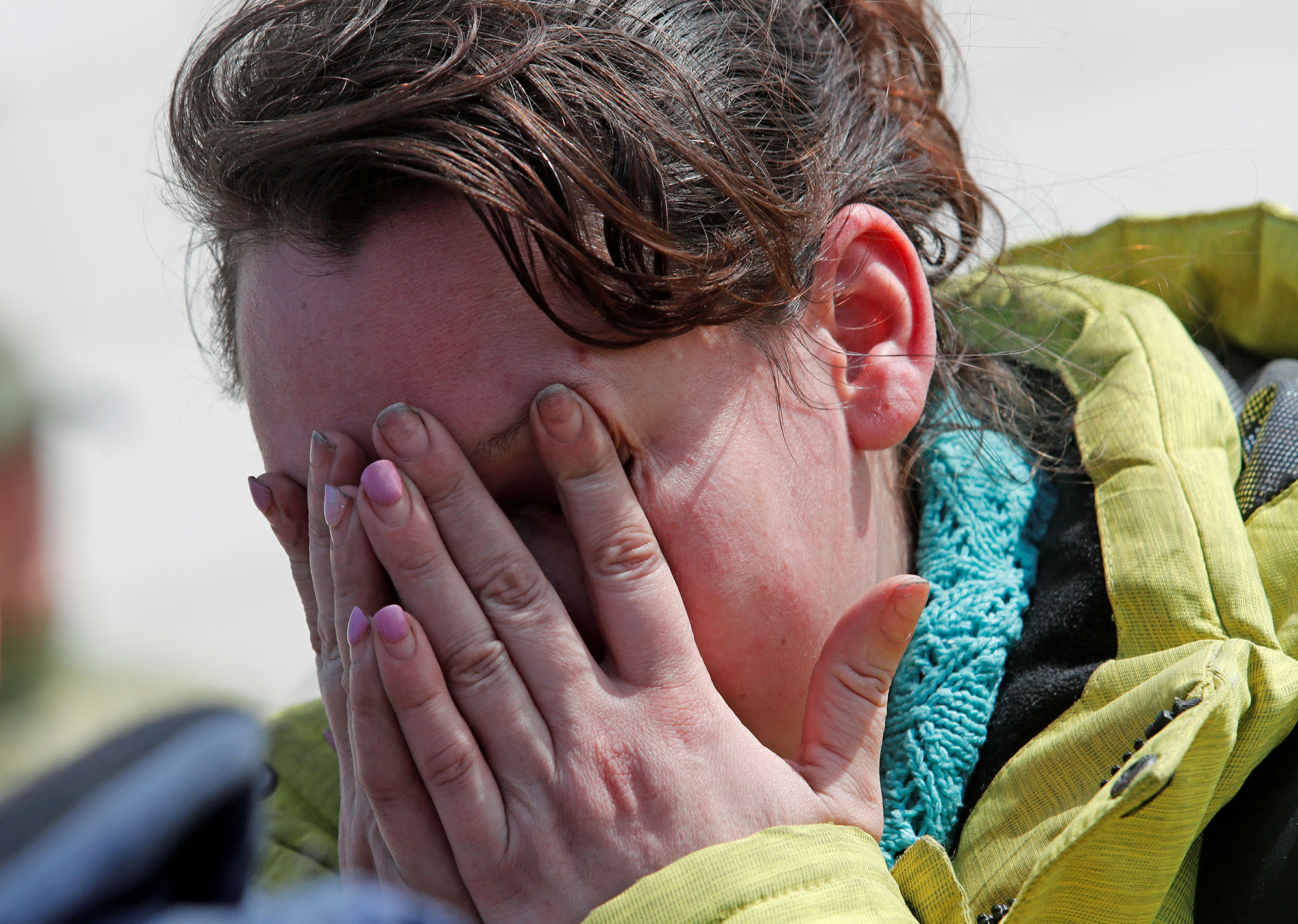
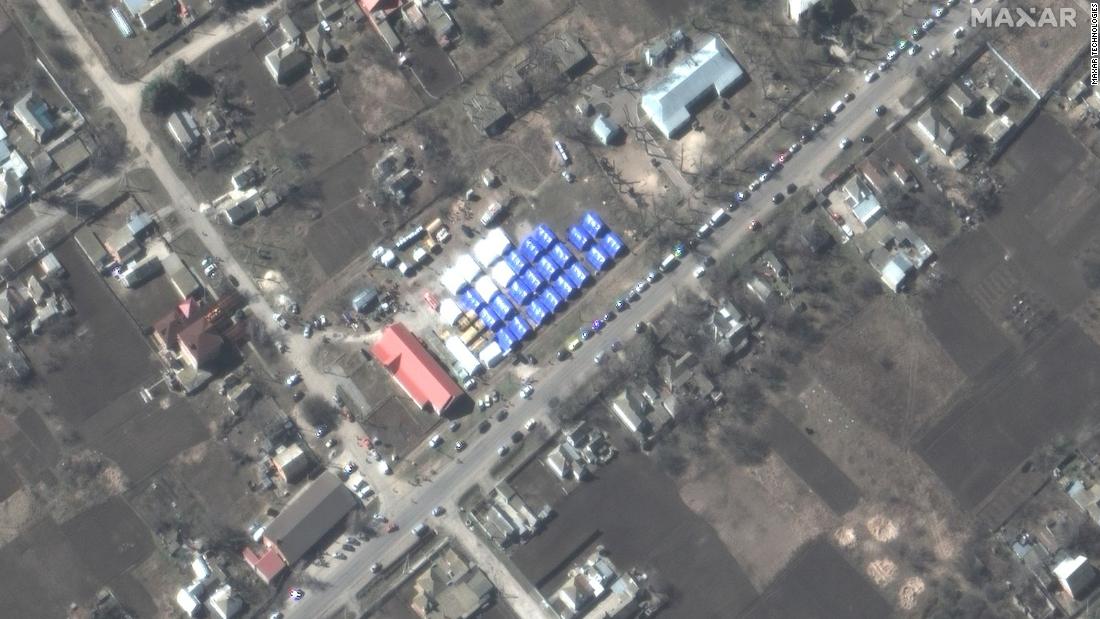
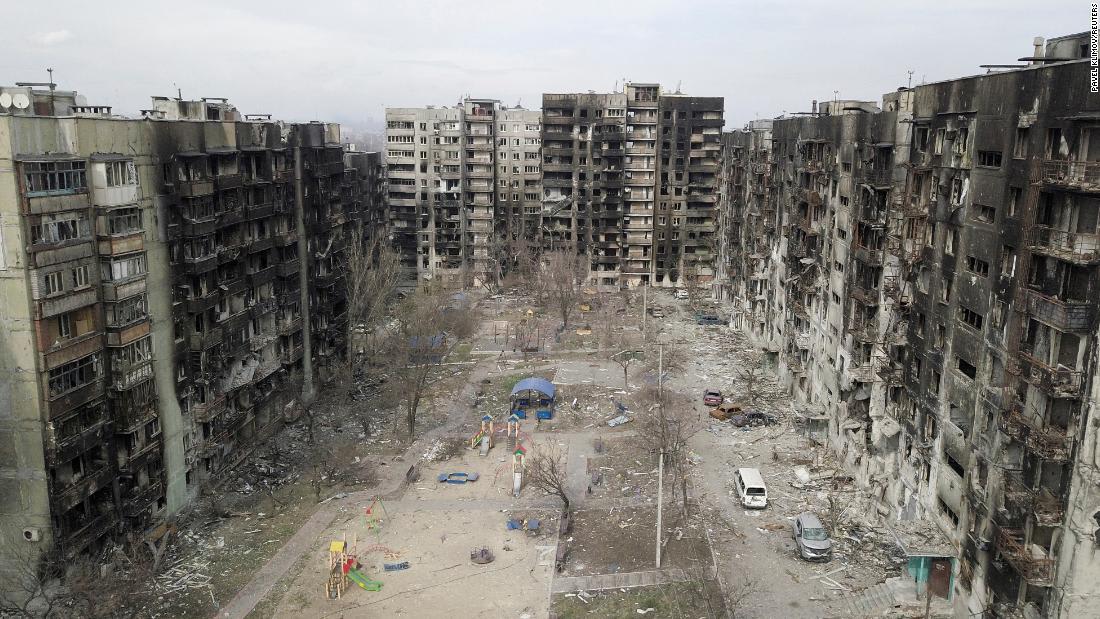

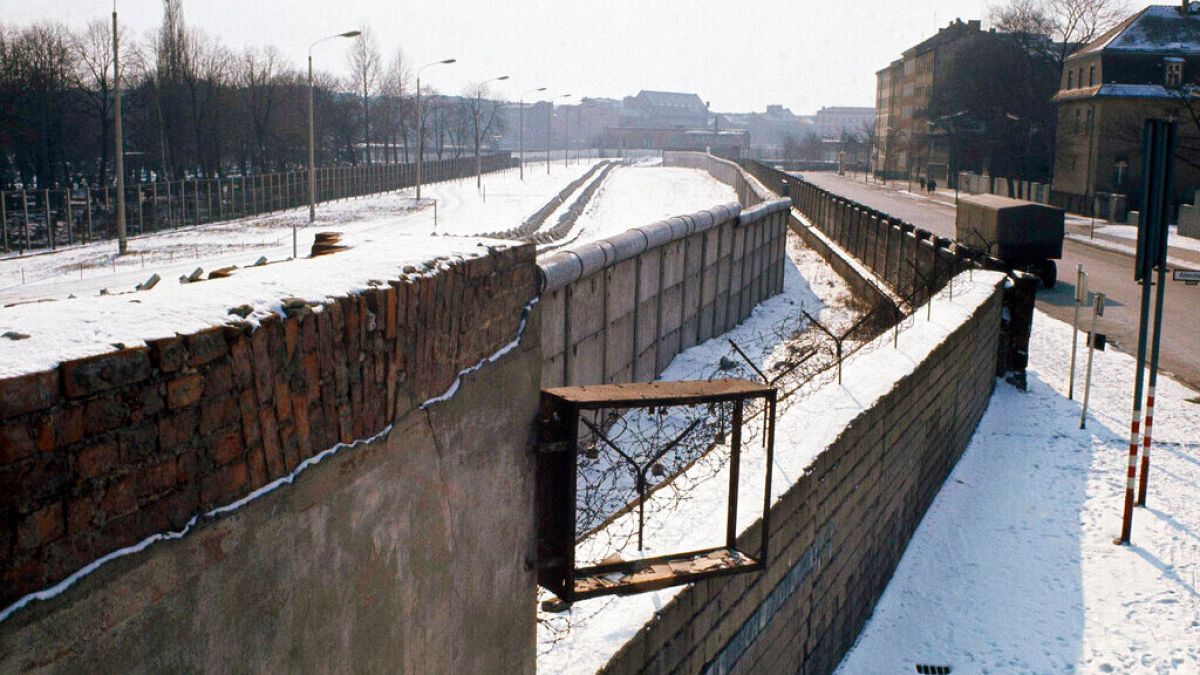







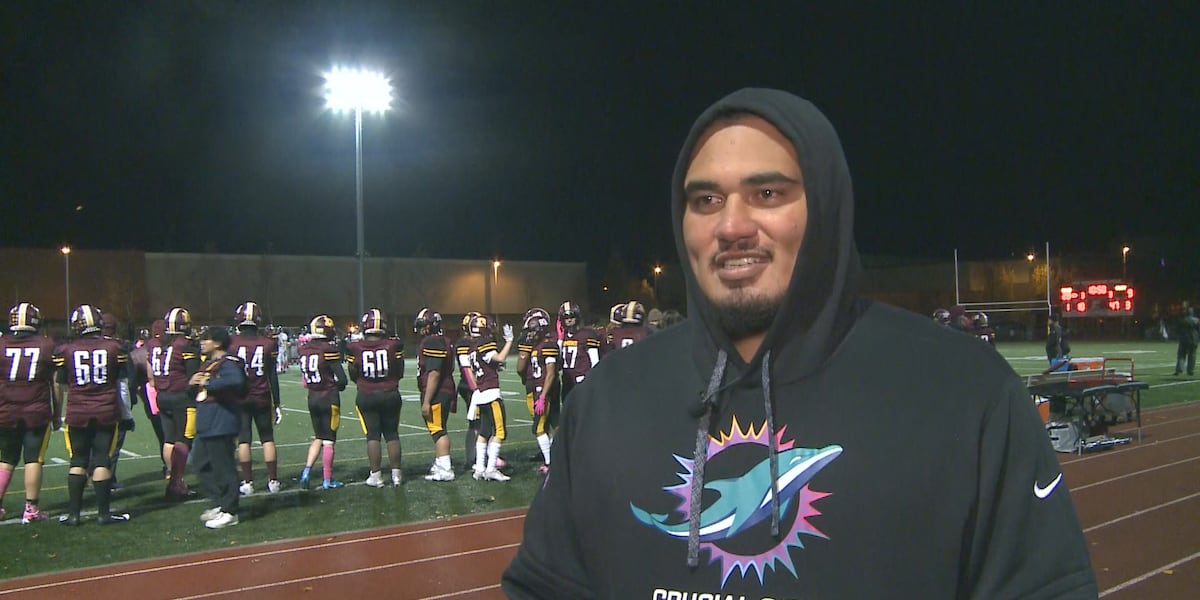
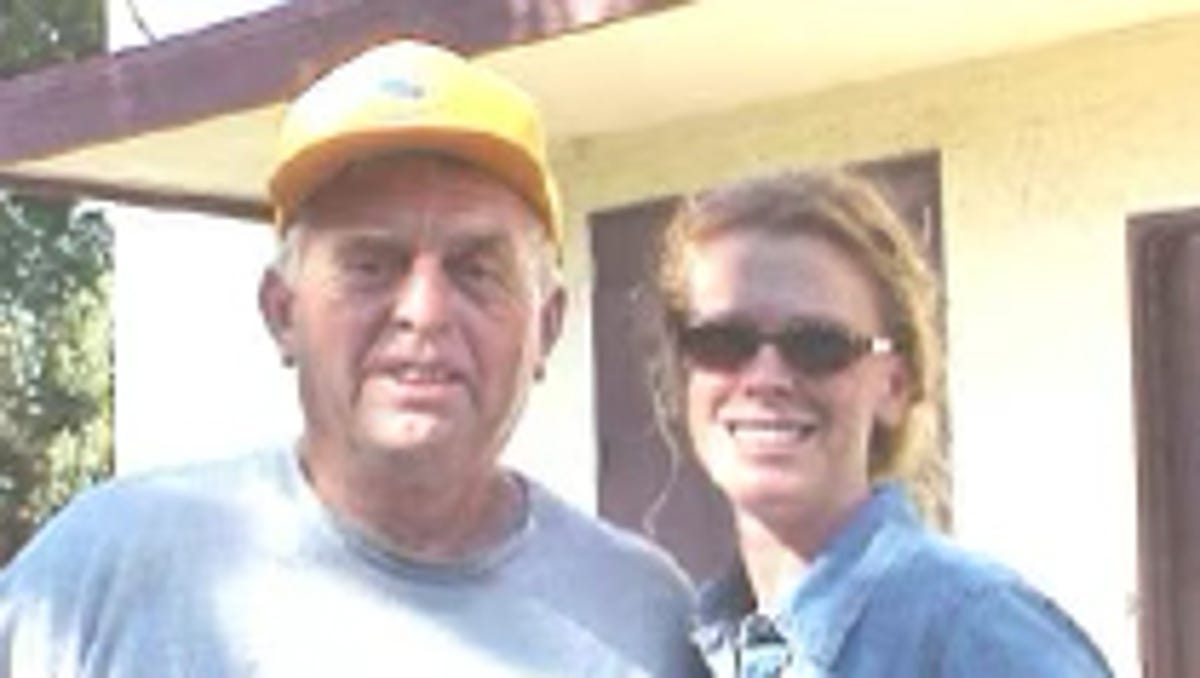






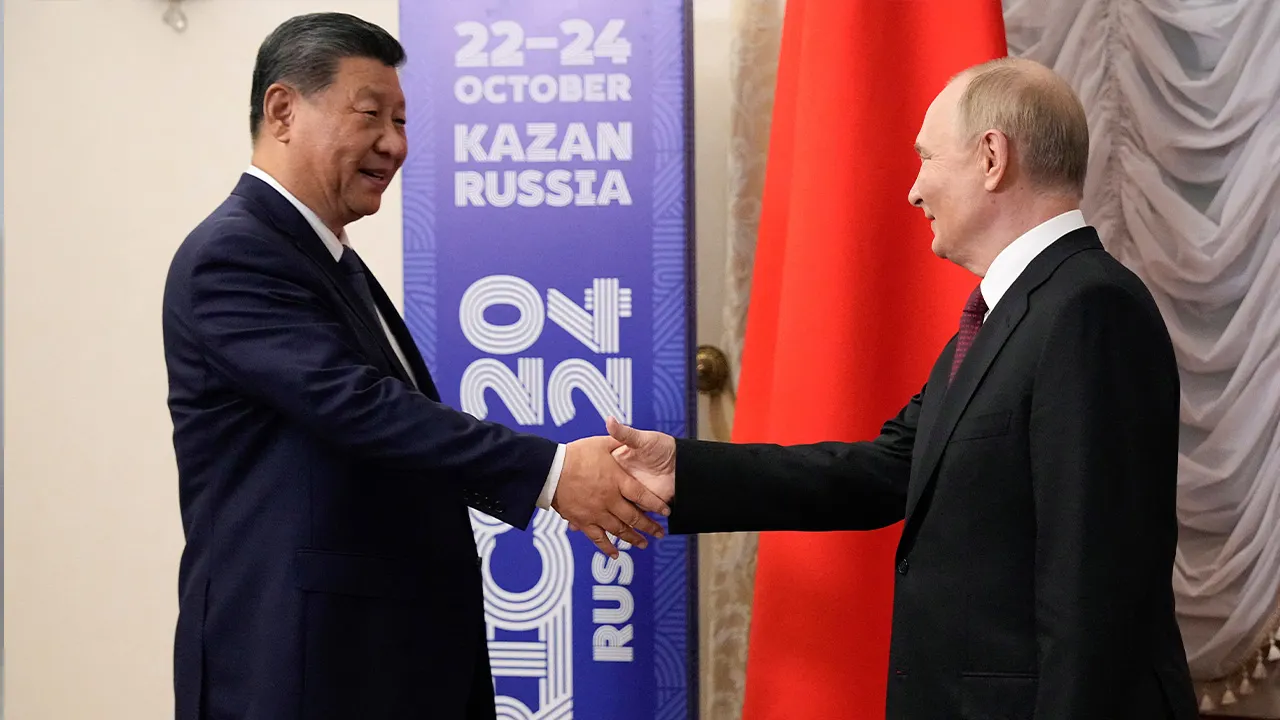
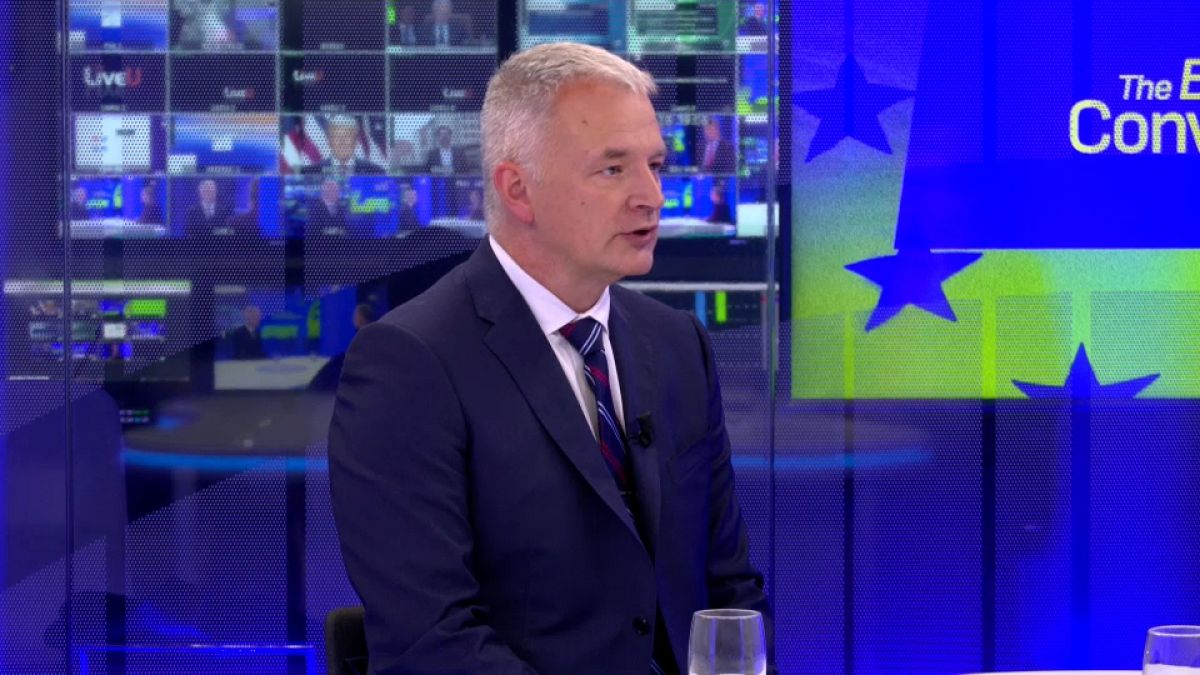
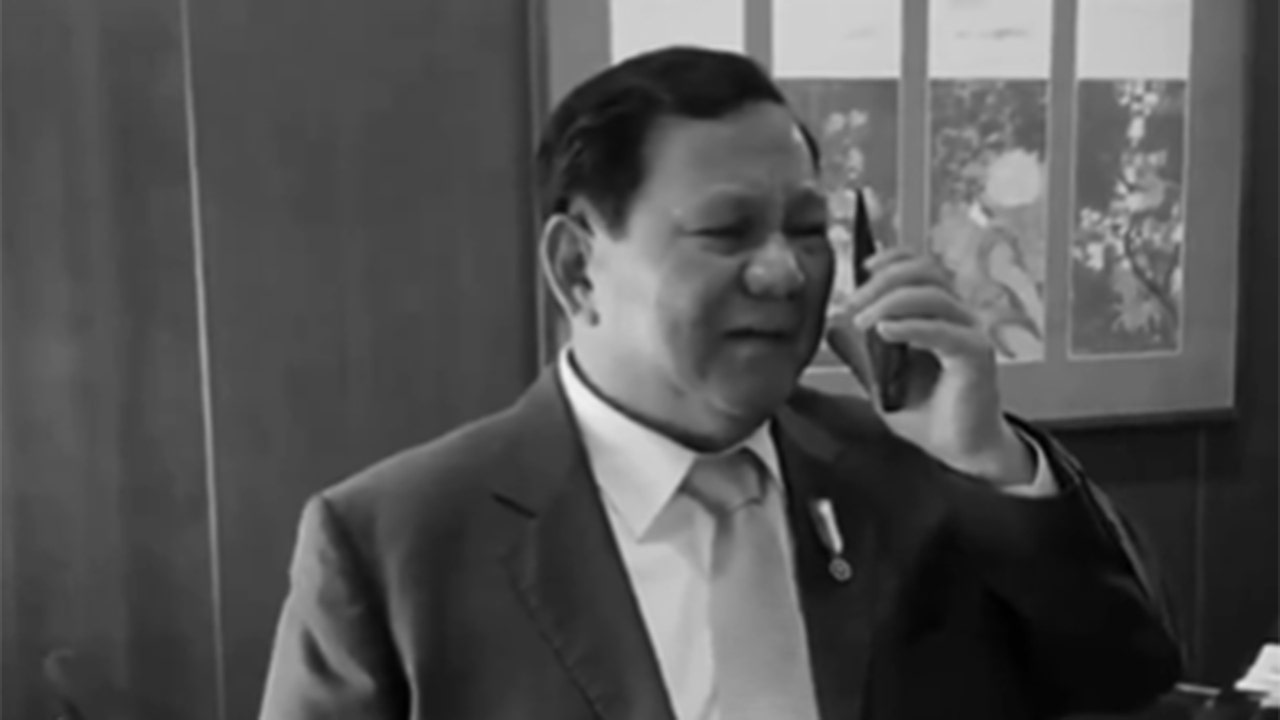






/cdn.vox-cdn.com/uploads/chorus_asset/file/25538361/247196_Echo_Spot_Review_8A0A1511_CVirginia.jpg)

